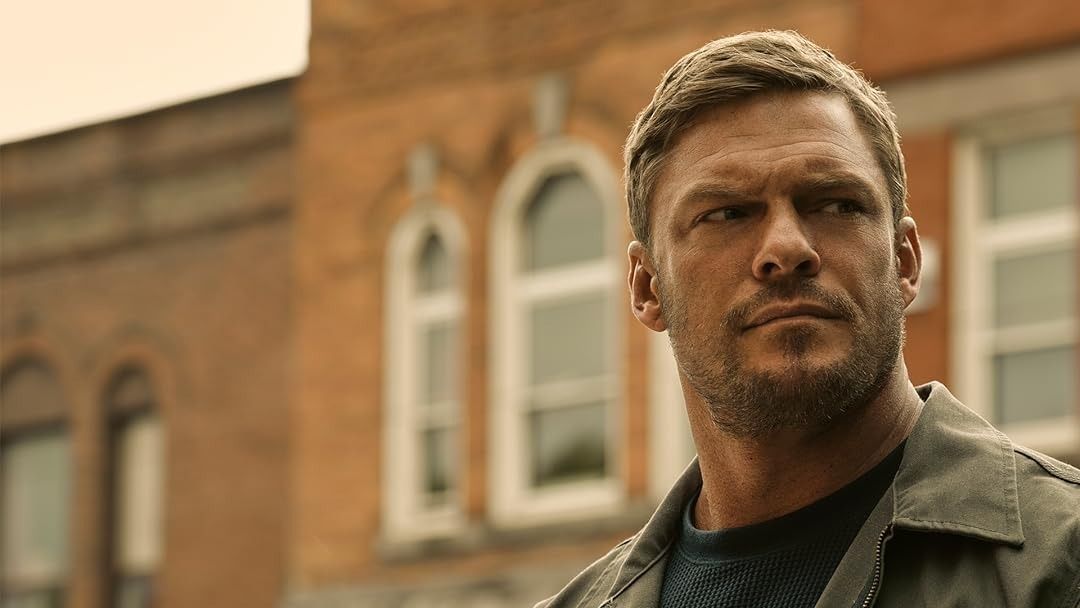In the ever-changing world of modern television, the character of Jack Reacher, as brought to life in Amazon’s series, stands as a fascinating case study in the redefinition of heroism. This character birthed from the pages of Lee Child’s novels and adapted into a visual medium, offers a new take on what it means to be a hero in today’s complex world.
At first glance, Reacher embodies the archetypal traits of the traditional hero: a formidable physical presence, a sharp intellect, and an unwavering moral compass. However, a closer examination reveals a more complex character. Reacher is a drifter, a man with no fixed destination and seemingly few ties to the world – a huge contrast to heroes who are often deeply rooted in specific communities or relationships. This nomadic nature speaks to a modern sense of detachment and briefness in a fast-paced, ever-changing world.
The narrative of Jack Reacher is constructed around his interactions with the world around him – a world filled with corruption, injustice, and moral ambiguity. Unlike many modern heroes who operate within the black-and-white spectrum of good and evil, Reacher exists in the grey areas. His brand of justice is swift, often violent, and occasionally operates outside the bounds of the law. This raises important questions about the nature of justice and the role of the individual in dispensing it – themes that resonate deeply in our current socio-political climate.
A key aspect of Reacher’s redefinition of heroism lies in his approach to violence. In a departure from the glorification of violence seen in much of action-centric media, the series portrays violence as a necessary, although regrettable, tool. The choreography of fight scenes, coupled with the show’s cinematography, shows the brutality and the physical toll of violence. This portrayal invites the audience to grapple with the ethical implications of violence as a means to an end.
Moreover, the character of Reacher challenges the traditional hero narrative of seeking or enjoying fame and recognition. He is a reluctant hero, one who does not seek accolades or acknowledgment for his actions. This is reflective of a contemporary skepticism towards traditional notions of fame and the public pedestal.
The series also delves into the psychological depth of Reacher, a side not often explored in action heroes. His introspection, moments of doubt, and glimpses into his past humanize him, offering a more relatable and realistic hero. This psychological depth adds a layer of authenticity to the character, aligning him more closely with the complexities of real-world heroes.
In the cultural landscape, Jack Reacher emerges as a symbol of a new kind of heroism – one that resonates with contemporary audiences who are navigating a world that is increasingly complex and morally ambiguous. He is a reflection of our collective yearning for justice, even if it means blurring the lines of traditional heroics.
Jack Reacher, as a character and a narrative construct, significantly redefines the archetype of the modern hero. His blend of traditional heroism with contemporary complexities offers a fresh perspective on what it means to be heroic in today’s world. The series not only entertains but also engages in a deeper conversation about morality, justice, and individualism in the modern age.


